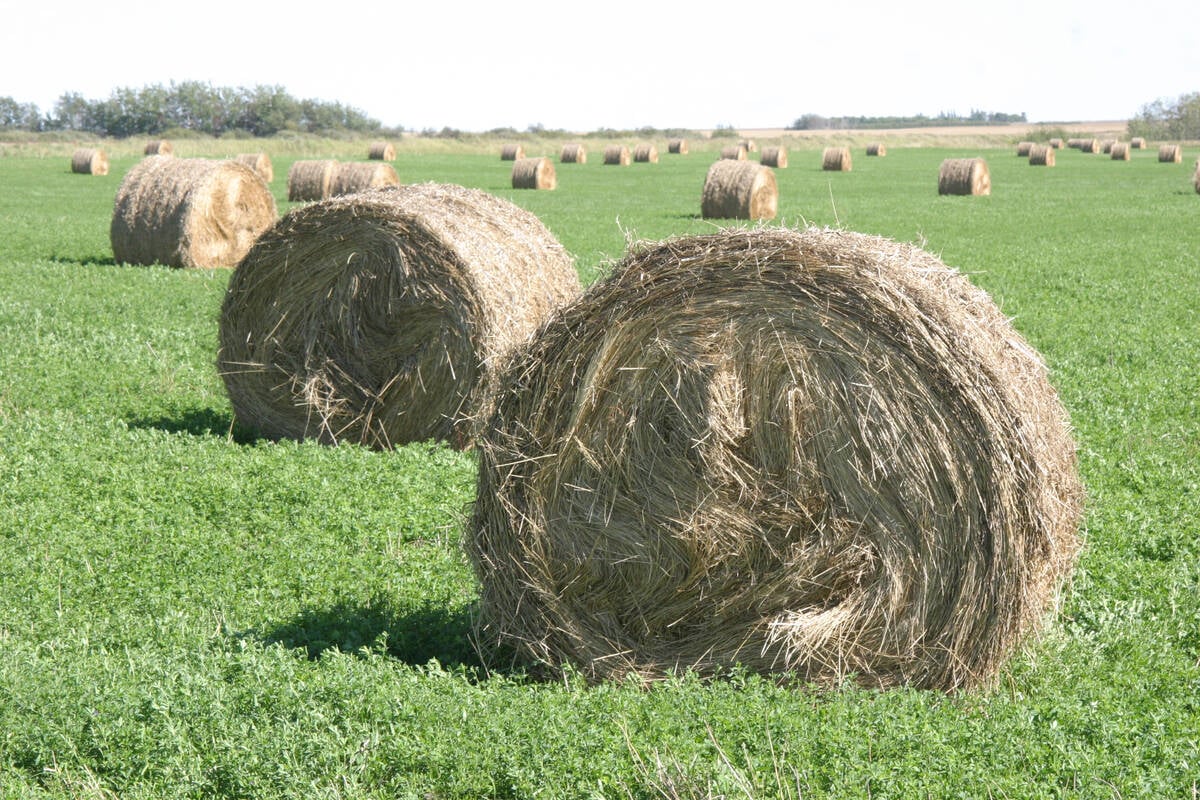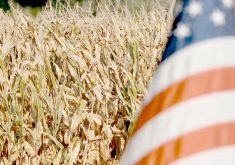The election of a majority Conservative government could lead to the most radical overhaul in Canadian agricultural policy in half a century, says the author of a book on farm policy evolution.
University of Toronto political scientist and long-time agricultural analyst Grace Skogstad argues that Conservative free-market ideology and a potential world trade deal could create the conditions that would allow Ottawa to step away from the basic support and protection model for Canadian agricultural policies developed more than half a century ago.
In the book Internationalization and Canadian Agriculture: Policy and Governing Paradigms, Skogstad writes that Canada’s basic “state assistance” model has been sustained despite decades of globalization because of a strong network of domestic support and tinkering with programs including protected supply management.
Read Also

Breaking down successful winter feeding into six steps
It’s that time of year when it is important to start planning for a cow herd’s winter feeding program. Here are six steps I think are necessary to consider when getting your feed tested.
But those conditions may be changing.
She argues that support for “statist” solutions for the industry is waning inside government as more departments get a say in agricultural policy and fewer agricultural bureaucrats have a strong understanding of the system.
“International trade negotiations provide an opportunity for governments to commit to policy reforms that would otherwise be difficult if not impossible to effect.”
She also sees a change in the political dynamic with the election of a minority Conservative government looking for a majority.
“The pressures of American trade harassment are not likely to abate, with or without a successful conclusion to the Doha round, and a Canadian government that puts a high priority on harmonious relations with Canada’s most important trading partner could move to eliminate statist policy instruments and collective marketing institutions that offend American interests,” Skogstad wrote.
“This path to paradigm change is most likely under a majority national Conservative government that is ideologically committed to ‘free markets’ and puts a high priority on amicable Canadian-American relations.”
In opposition and in office, the Conservatives have vowed to end one of those key “statist” policies – the Canadian Wheat Board monopoly – but they argue it is because the single desk offends their market ideology rather than American sensibilities.
In government, the Conservatives have defended supply management domestically and in Geneva, winning praise from supply management lobby groups and dismay from exporters.
Canada’s insistence that a new world trade deal not weaken supply management protections drew a scathing review in the August issue of the Australian Farm Policy Journal, published by the Australian Farm Institute.
Australia, one of the most aggressive promoters of sharply reduced farm supports and protection, has often clashed with Canada inside the Cairns Group formed in 1986 to fight for an end to export subsidy wars.
International law professor Brett Williams of the University of Sydney argues that Canada, along with a small group of other protectionist countries, has effectively scuttled the chance for a WTO deal that would boost trade and reduce protectionism by opposing across-the-board tariff cuts for sensitive products.
“In the G10 (a group of 10 countries with high protective tariffs and farm supports), EU and Canada, the protectionists, have succeeded in being able to continue to non-transparently transfer wealth from consumers to themselves and the politicians have successfully avoided the need to take the political heat that would have resulted from welfare-enhancing liberalization,” he wrote.
“Canada managed to do so whilst deceiving itself and others that it was a supporter of agricultural trade liberalization.”
Mick Keogh, executive director of the Australian Farm Institute, summed up the paper’s view of Canada’s role in the eight-year WTO negotiation: “Canada has been able to pontificate about the needs of developing nations while continuing to sabotage the trading system.”
The Australian analysis will be used as fodder for Canadian agricultural export interests represented by the Canadian Agri-Food Trade Alliance, which argues that Canada’s defence of sensitive product protections is jeopardizing the chances of a better deal for exporters.
At the core of Skogstad’s analysis is a view that farm supportive policies, while weakened in the 1990s by the Liberals and under pressure from globalization and trade deals, have survived because of a supportive farm lobby and governments that have seen agriculture as a special economic interest.
Her analysis of the evolution of policy has won praise from other analysts.
In the Canadian Journal of Political Science, Simon Fraser University professor and trade analyst Theodore Cohen called her work “one of the most important contributions in the field.”
And former Agriculture Canada assistant deputy minister Doug Hedley has written that it should be required reading within government where in-depth knowledge of the industry, its history and interests is on the decline as senior officials are shuffled between departments without ever becoming experts in the subject.














